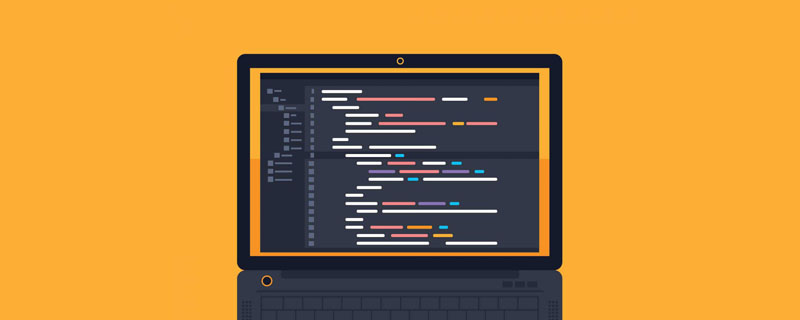
HTML Tutorial: How to use Flexbox for adaptive proportional layout
In modern web development, responsive layout is attracting more and more attention. Flexbox (flexible box layout) is a powerful layout model in CSS that can help developers easily implement adaptive proportional layout. This article will introduce how to use Flexbox to implement this layout, with specific code examples.
Flexbox is a model based on containers and items. By setting the properties of the container, you can control the layout of the items in the container. The following are some commonly used Flexbox properties:
- display: Set the container to a flexible box layout. You can use the property value to be flex or inline-flex. Flex will lay out the child elements of the container as a whole, while inline-flex will lay out the child elements of the container as a row-level element.
- flex-direction: Control the arrangement direction of items. You can use the attribute values for row (default value, horizontal arrangement), column (vertical arrangement), row-reverse (reverse horizontal arrangement) and column-reverse ( reverse vertical arrangement).
- flex-wrap: Control whether the item wraps. You can use the attribute values to nowrap (default value, no line wrap), wrap (line wrap) and wrap-reverse (reverse line wrap).
- justify-content: Control the alignment of the item on the main axis. You can use the attribute values to flex-start (default value, starting point alignment), flex-end (end point alignment), center (center alignment), space -between (justify both ends, equal spacing between items) and space-around (equal spacing around each item).
- align-items: Control the alignment of items on the side axis. You can use the attribute values flex-start (start alignment), flex-end (end alignment), center (center alignment), baseline (baseline) Alignment) and stretch (stretch alignment).
- align-content: Controls the alignment of multi-line items on the cross axis. This attribute is invalid when there is only one line of items. The available attribute values are the same as align-items.
The following is an actual code example that demonstrates how to use Flexbox for adaptive proportional layout:
<!DOCTYPE html>
<html>
<head>
<style>
.container {
display: flex;
flex-wrap: wrap;
justify-content: space-between;
align-items: stretch;
align-content: space-between;
}
.item {
flex: 1 1 30%;
margin-bottom: 10px;
background-color: lightblue;
}
</style>
</head>
<body>
<div class="container">
<div class="item">项目1</div>
<div class="item">项目2</div>
<div class="item">项目3</div>
<div class="item">项目4</div>
<div class="item">项目5</div>
<div class="item">项目6</div>
</div>
</body>
</html>In the above code example, we create a container (.container ) and multiple items (.item). The container's properties are set to display: flex, which means using Flexbox layout. The attribute of the item is set to flex: 1 1 30%, which means that the enlargement factor of the item is 1, the reduction factor is 1, and it occupies 30% of the width of the container. By setting the properties of the container, we implement adaptive proportional layout.
The above is a simple tutorial on using Flexbox for adaptive proportional layout. I hope it will be helpful to you. Flexbox is a powerful layout model that helps you create responsive web layouts more easily. If you are interested in this, you may wish to further learn and explore more properties and usage of Flexbox.
The above is the detailed content of HTML tutorial: How to use Flexbox for adaptive proportional layout. For more information, please follow other related articles on the PHP Chinese website!
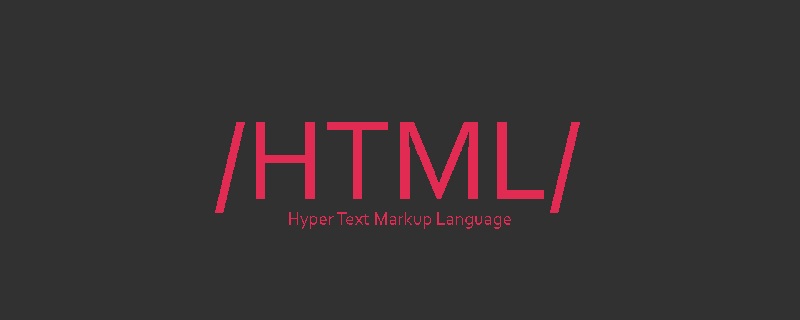 HTML超文本标记语言--超在那里?(文档分析)Aug 02, 2022 pm 06:04 PM
HTML超文本标记语言--超在那里?(文档分析)Aug 02, 2022 pm 06:04 PM本篇文章带大家了解一下HTML(超文本标记语言),介绍一下HTML的本质,HTML文档的结构、HTML文档的基本标签和图像标签、列表、表格标签、媒体元素、表单,希望对大家有所帮助!
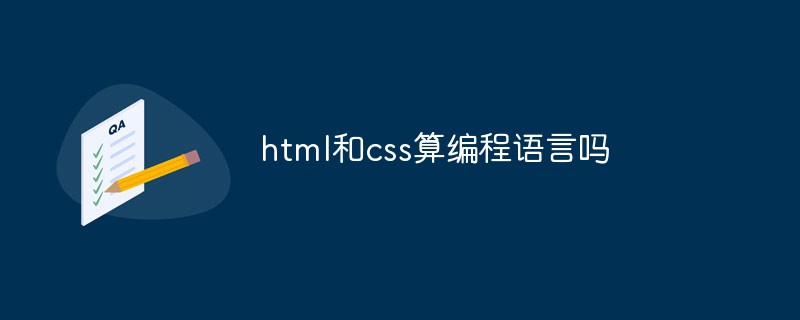 html和css算编程语言吗Sep 21, 2022 pm 04:09 PM
html和css算编程语言吗Sep 21, 2022 pm 04:09 PM不算。html是一种用来告知浏览器如何组织页面的标记语言,而CSS是一种用来表现HTML或XML等文件样式的样式设计语言;html和css不具备很强的逻辑性和流程控制功能,缺乏灵活性,且html和css不能按照人类的设计对一件工作进行重复的循环,直至得到让人类满意的答案。
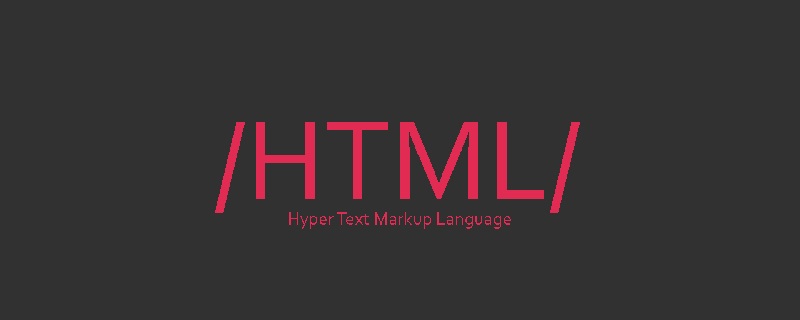 web前端笔试题库之HTML篇Apr 21, 2022 am 11:56 AM
web前端笔试题库之HTML篇Apr 21, 2022 am 11:56 AM总结了一些web前端面试(笔试)题分享给大家,本篇文章就先给大家分享HTML部分的笔试题(附答案),大家可以自己做做,看看能答对几个!
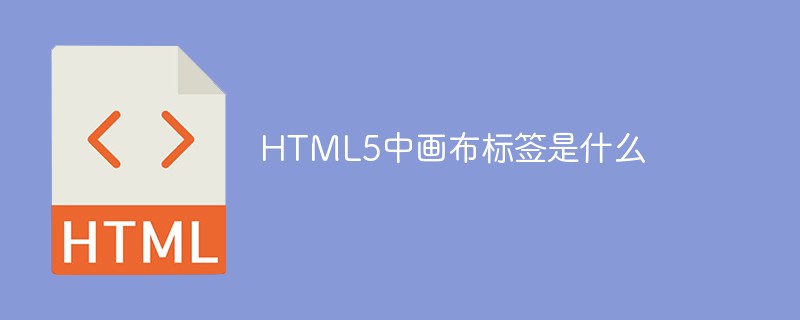 HTML5中画布标签是什么May 18, 2022 pm 04:55 PM
HTML5中画布标签是什么May 18, 2022 pm 04:55 PMHTML5中画布标签是“<canvas>”。canvas标签用于图形的绘制,它只是一个矩形的图形容器,绘制图形必须通过脚本(通常是JavaScript)来完成;开发者可利用多种js方法来在canvas中绘制路径、盒、圆、字符以及添加图像等。
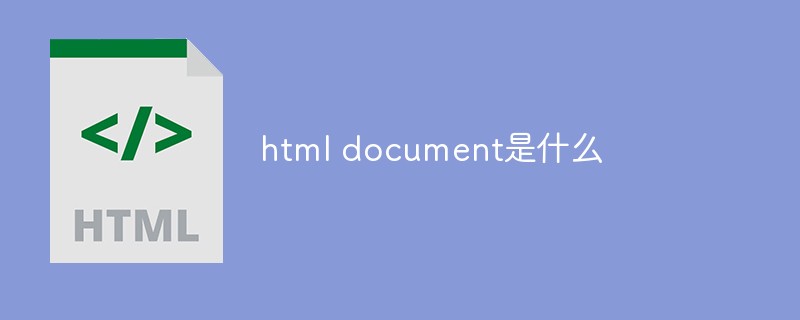 html中document是什么Jun 17, 2022 pm 04:18 PM
html中document是什么Jun 17, 2022 pm 04:18 PM在html中,document是文档对象的意思,代表浏览器窗口的文档;document对象是window对象的子对象,所以可通过“window.document”属性对其进行访问,每个载入浏览器的HTML文档都会成为Document对象。
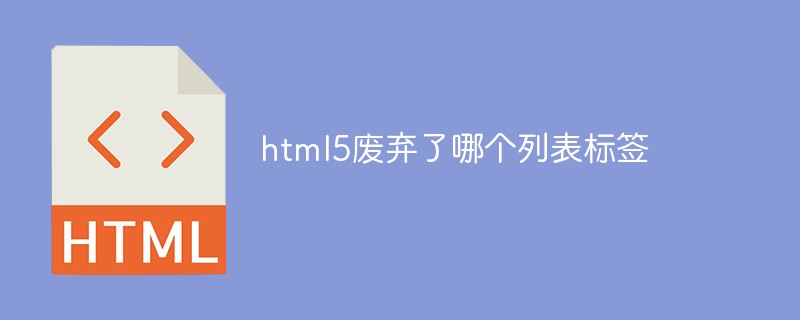 html5废弃了哪个列表标签Jun 01, 2022 pm 06:32 PM
html5废弃了哪个列表标签Jun 01, 2022 pm 06:32 PMhtml5废弃了dir列表标签。dir标签被用来定义目录列表,一般和li标签配合使用,在dir标签对中通过li标签来设置列表项,语法“<dir><li>列表项值</li>...</dir>”。HTML5已经不支持dir,可使用ul标签取代。
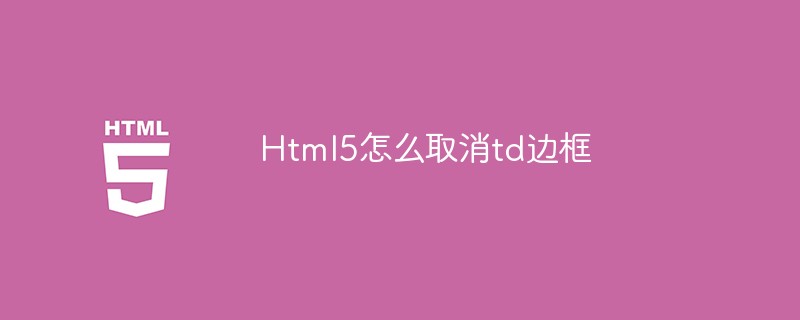 Html5怎么取消td边框May 18, 2022 pm 06:57 PM
Html5怎么取消td边框May 18, 2022 pm 06:57 PM3种取消方法:1、给td元素添加“border:none”无边框样式即可,语法“td{border:none}”。2、给td元素添加“border:0”样式,语法“td{border:0;}”,将td边框的宽度设置为0即可。3、给td元素添加“border:transparent”样式,语法“td{border:transparent;}”,将td边框的颜色设置为透明即可。


Hot AI Tools

Undresser.AI Undress
AI-powered app for creating realistic nude photos

AI Clothes Remover
Online AI tool for removing clothes from photos.

Undress AI Tool
Undress images for free

Clothoff.io
AI clothes remover

AI Hentai Generator
Generate AI Hentai for free.

Hot Article

Hot Tools

SublimeText3 Chinese version
Chinese version, very easy to use

SublimeText3 English version
Recommended: Win version, supports code prompts!

MantisBT
Mantis is an easy-to-deploy web-based defect tracking tool designed to aid in product defect tracking. It requires PHP, MySQL and a web server. Check out our demo and hosting services.

Dreamweaver CS6
Visual web development tools

WebStorm Mac version
Useful JavaScript development tools




